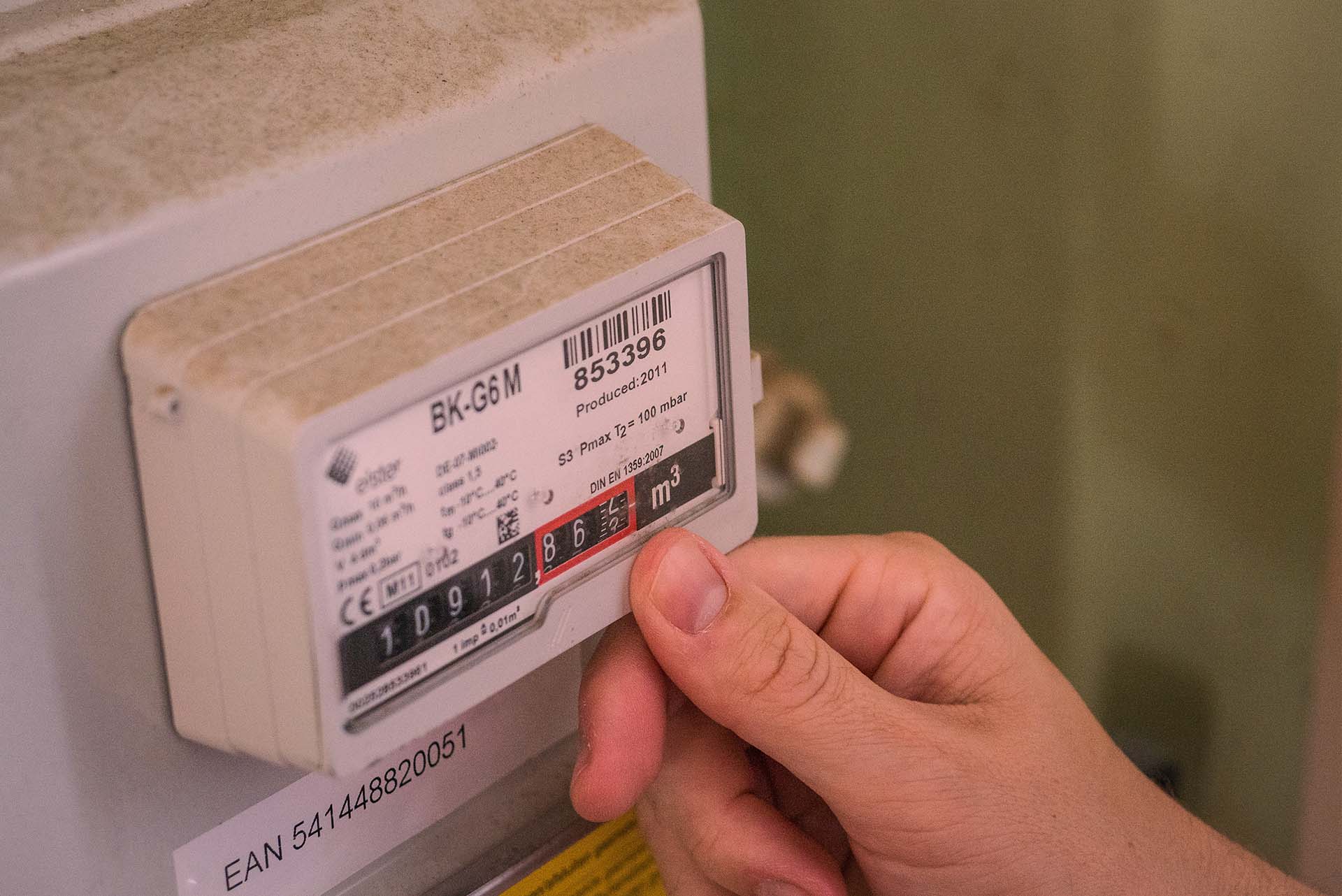
Energy Efficiency Is a Must For Solving The Ongoing Climate Crisis
The year for the EU's climate target 20/20/20 is here, and the real estate industry is working diligently for energy-efficient properties – but is the process fast enough? Oven 11,000 scientists came together recently and wrote an article in the scientific journal Bioscience, declaring that the earth is facing a climate crisis.
The Nordic regions of Europe and the rest of the world are experiencing a wave of green initiatives – from Greta Thunberg to research fellows and climate science in Italian schools. On a high level, we are fully aware that we are no longer facing a climate crisis, but are in the middle of one. So what do we do about it from a pragmatic point of view?
What does energy efficiency mean in the real estate sector?
According to the Swedish Energy Agency, housing accounts for one-third of Sweden’s total energy usage, of which the majority of the energy goes to heating and hot water. The Swedish climate targets for 2020 include that energy use should be 20% more efficient than in 2008 and 2030 we will be 50% more energy efficient compared to 2005. Energy-efficiency measures in the real estate sector are, therefore, a step towards reducing Sweden’s total energy consumption.
It’s not good enough to settle only with the construction of new energy-efficient buildings – in Sweden; there are over 2.5 million apartment buildings. It is not enough that only the newly built houses are energy efficient. The country must also evaluate and improve existing properties to achieve the set climate goals.
Companies are at the forefront, but the building sector makes the most significant difference
On November 22, 2019, Swedish television reported that several companies in Örebro County are trying to become more bicycle-friendly by encouraging their employees to take the bike to work. But are cycling initiatives enough? Will garbage sorting, biking to work, or a vegetarian diet solve the climate crisis? It probably makes us a bit along the way, but buildings still consume the majority of the world’s energy. Since the fact that lower energy consumption means lower environmental impact is difficult to dispute, the real estate industry must be more energy efficient.
Sufficient energy data paves the way for energy efficiency in the building sector
The connection between energy data (Metry’s main business), the climate crises and the reduction of fossil fuels might seem far fetched. However, we can observe a clear parallel between having insight into one’s energy consumption and the possibilities to create more energy-efficient properties. The UN states that technology to reduce energy consumption by 30-80% already exists. Still, we are unable to implement such tools due to the lack of structure and transparency.
Naturally, it isn’t straightforward to get a clear picture of what needs to be changed to make a building stock more energy efficient. Hard-to-reach data makes it difficult to get a holistic view of the building stock creating unnecessary complexity that affects budgeting (yep, still money-driven), sustainability reports, invoicing and energy tax reduction.
We are relatively confident that all 11,000 researchers in Bioscenic’s report are right in one way or another. We also believe that a good collection of building data that counteract unstructured and silo-placed information is part of the ecosystem that will work for a more sustainable society with energy-efficient properties.
So yes, Metry collects energy data. We also aim at saving the world. What do you do to make your building stock more energy efficient?
Are you interested in energy efficiency? See which systems integrate with Metry data.


